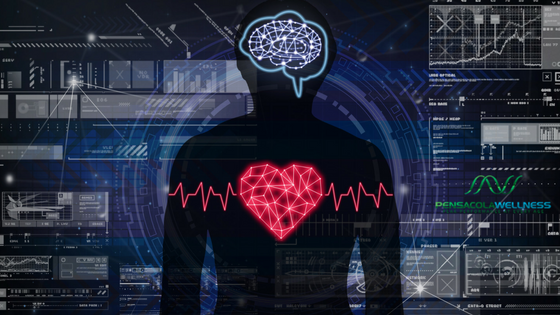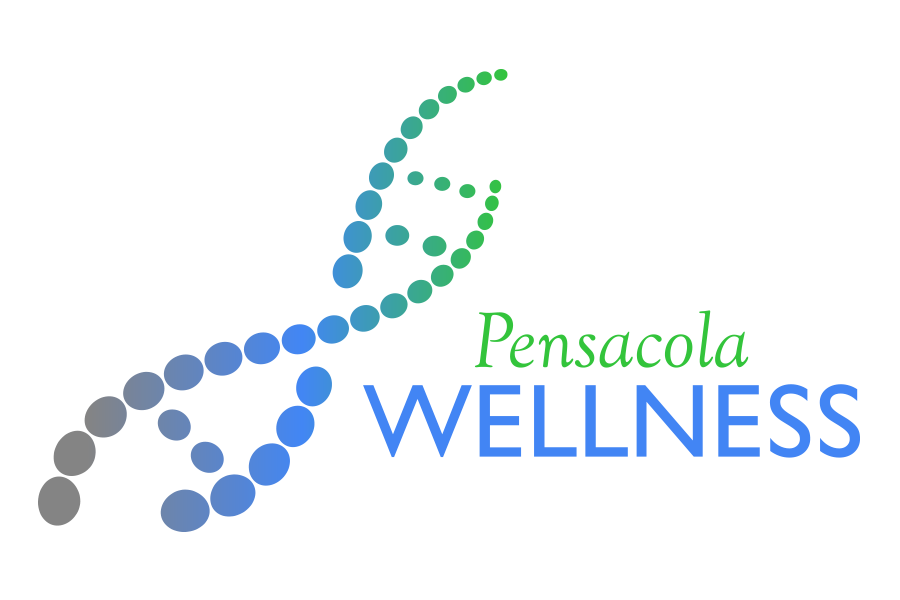
Medical marijuana is a naturally-therapeutic alternative to conventional methods of therapy that have failed to alleviate debilitating medical conditions or ailments such as seizure disorders, Crohn’s disease, nerve pain, nausea caused by chemotherapy treatments for cancer, multiple sclerosis, PTSD, Glaucoma and more.
What you may not know is that in addition to providing a breakthrough treatment to patients with debilitating conditions, medical marijuana can provide positive effects on your heart and brain.
Likewise, cannabis has a protective effect on the heart. A 2013 study, published by the Journal of Biochemical Pharmacology, was conducted to determine what effects small amounts of THC has on heart protection. Researchers administered THC to mice, then stimulated a heart attack by restricting their blood flow. After the blood flow restriction, doctors treated the mice with small amounts of THC (four times lower than the regular intoxicating dose) two hours prior to heart attack, 48 hours prior, and three weeks prior to continuous treatment. In each schedule of THC administration, the study reported fewer residual effects of heart attacks. The study concluded that a single ultra-low dose of THC before insufficient blood flow is a safe and effective treatment that can reduce heart attack damage.
Additionally, medical marijuana can help reduce anxiety in people who have anxiety disorders or in those who experience high levels of stress in their everyday lives. A study from Vanderbilt University found that cannabinoid receptors are present in the part of the brain associated with emotion in mice. These receptors are closely linked to anxiety and are believed to be present in the amygdala of humans, which further explains why medical marijuana has been effective in aiding people with anxiety.
Dr. Mitchell and Pensacola Wellness Solutions are excited to offer evaluations for eligible patients seeking to use low-THC cannabis or medical cannabis under the Compassionate Medical Cannabis Act of 2014. For more information on medical marijuana and how to qualify as a patient, visit our Medical Cannabis resources page.
What you may not know is that in addition to providing a breakthrough treatment to patients with debilitating conditions, medical marijuana can provide positive effects on your heart and brain.
The Heart
Medical studies have shown that the therapeutic use of cannabis can help alleviate hypertension. While smoking cannabis may briefly increase one’s heart rate initially, medical researchers have found that the relaxing effects of cannabis can actually lower blood pressure and reduce the risks of hypertension-induced heart diseases.Likewise, cannabis has a protective effect on the heart. A 2013 study, published by the Journal of Biochemical Pharmacology, was conducted to determine what effects small amounts of THC has on heart protection. Researchers administered THC to mice, then stimulated a heart attack by restricting their blood flow. After the blood flow restriction, doctors treated the mice with small amounts of THC (four times lower than the regular intoxicating dose) two hours prior to heart attack, 48 hours prior, and three weeks prior to continuous treatment. In each schedule of THC administration, the study reported fewer residual effects of heart attacks. The study concluded that a single ultra-low dose of THC before insufficient blood flow is a safe and effective treatment that can reduce heart attack damage.
The Brain
In a study using rats, mice and monkeys, researchers from the University of Nottingham found that marijuana may help protect the brain from damage caused by stroke, by reducing the size of the area affected by the stroke. Further research has shown that cannabis also provides protection of the brain after traumatic events such as concussions. Brain injury and trauma and their connection to cannabis have been studied in humans as well, providing promising results. Patients suffering from brain trauma who also tested positive for the Delta-9 Tetrahydrocannabinol (THC) receptors registered lower death rates.Additionally, medical marijuana can help reduce anxiety in people who have anxiety disorders or in those who experience high levels of stress in their everyday lives. A study from Vanderbilt University found that cannabinoid receptors are present in the part of the brain associated with emotion in mice. These receptors are closely linked to anxiety and are believed to be present in the amygdala of humans, which further explains why medical marijuana has been effective in aiding people with anxiety.
Dr. Mitchell and Pensacola Wellness Solutions are excited to offer evaluations for eligible patients seeking to use low-THC cannabis or medical cannabis under the Compassionate Medical Cannabis Act of 2014. For more information on medical marijuana and how to qualify as a patient, visit our Medical Cannabis resources page.

Leave a Comment